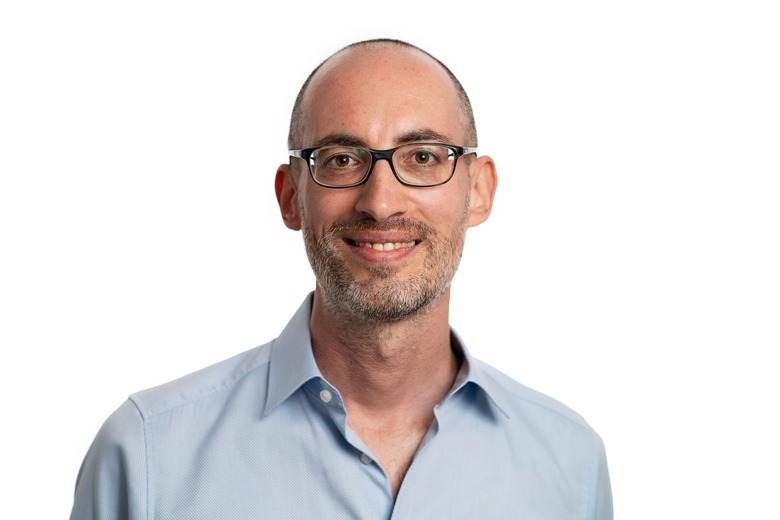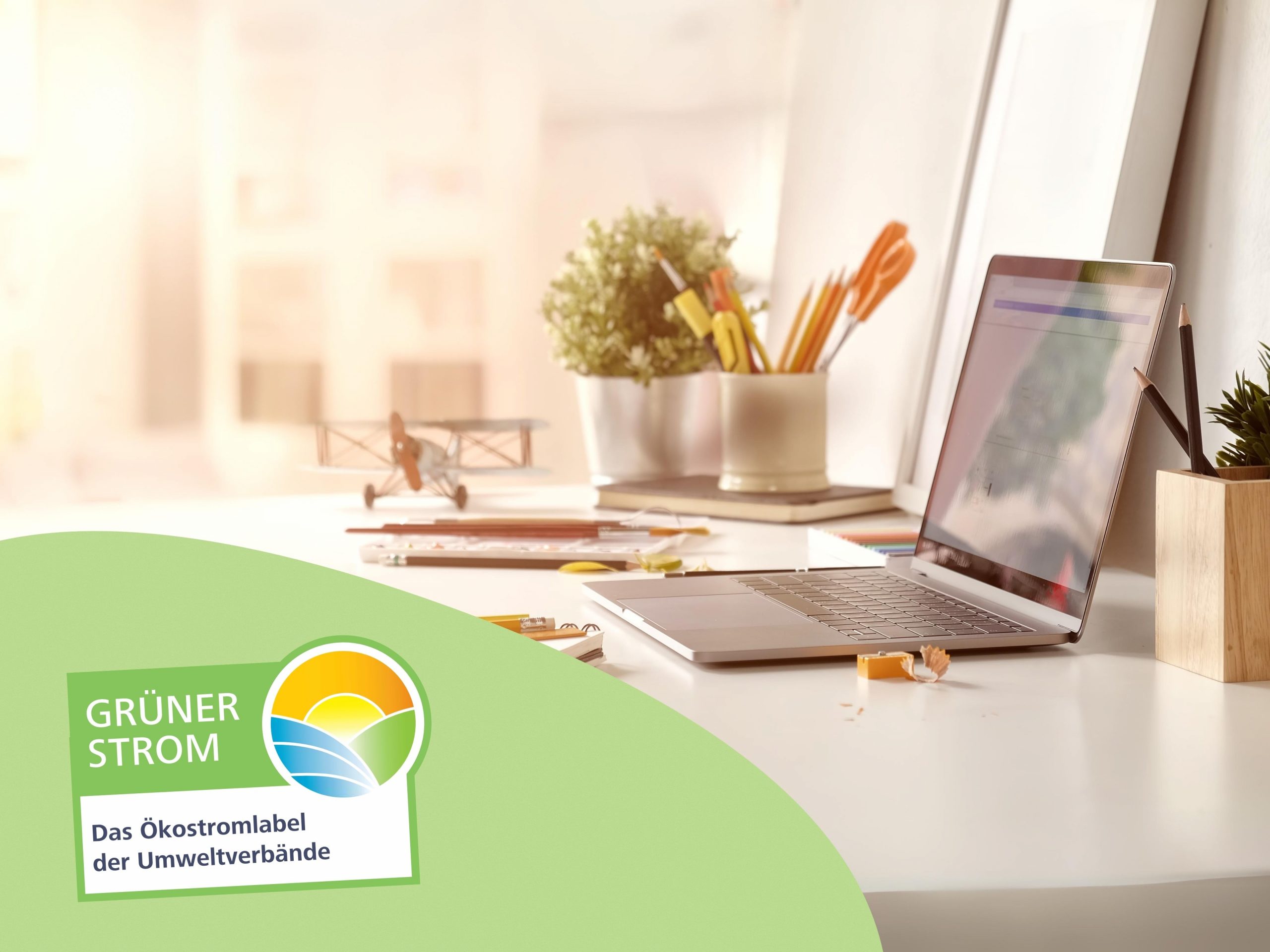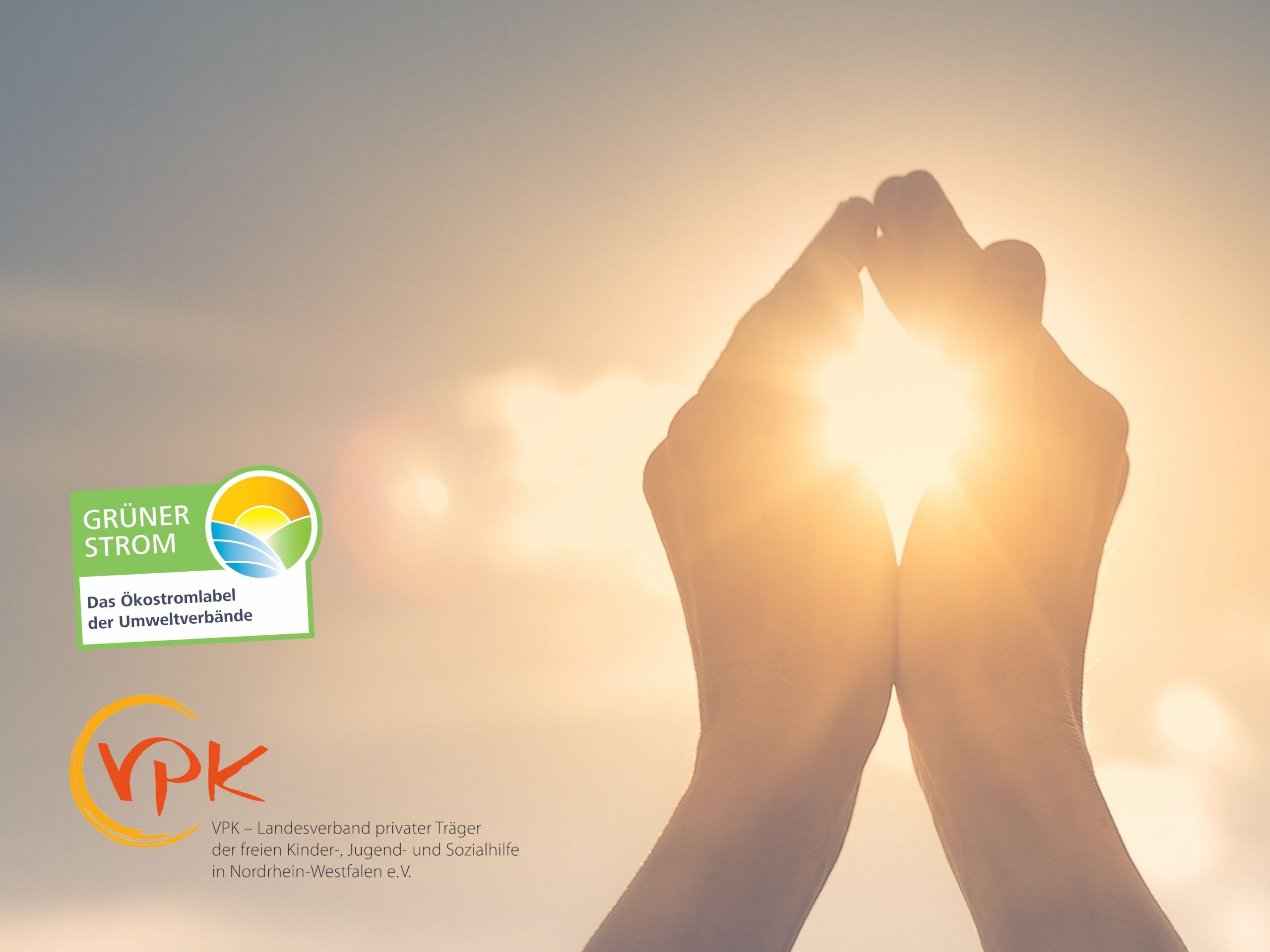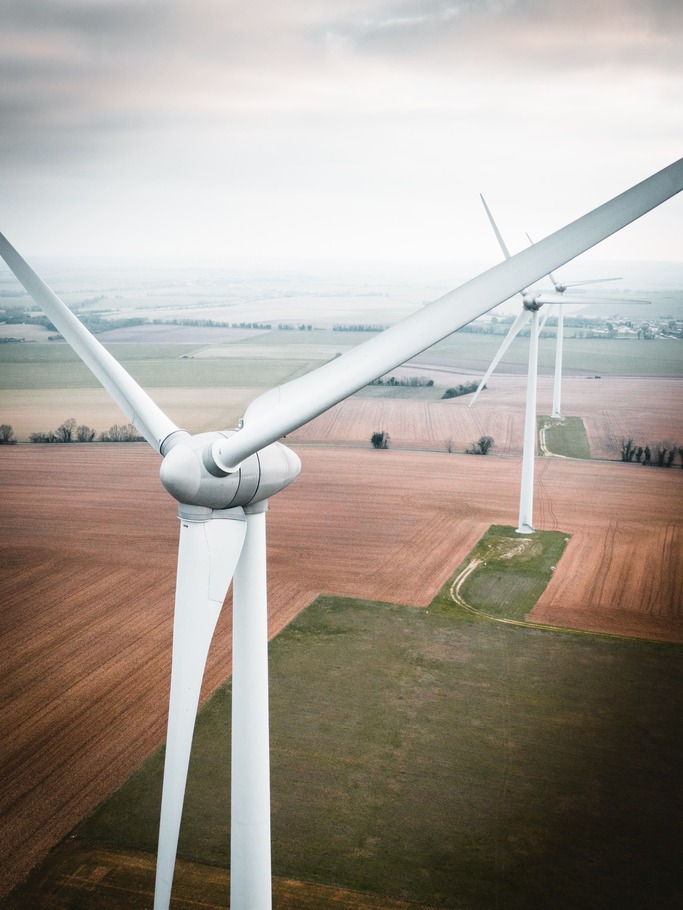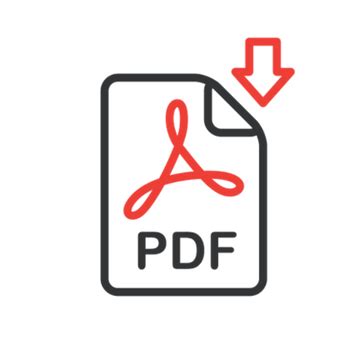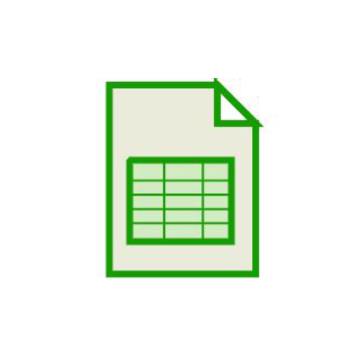Bonn, June 14, 2023: The Green Electricity seal of approval is 25 years old this year - and that's no coincidence, because the energy market in Germany was also liberalized 25 years ago. Since 1998, consumers have been free to choose their electricity supplier and tariff. The resulting electricity market offered both opportunities and risks. In order to distinguish credible green electricity tariffs from green-washed tariffs, environmental associations such as EUROSOLAR, NABU and BUND created the Grüner Strom-Label. The seal of approval guarantees 100 percent green electricity and promotes the expansion of renewable energies - as decentralized, citizen-oriented and nature-friendly as possible.
The office in Bonn is the point of contact for label recipients, handles certification tasks and acts as an interface between the now seven sponsoring associations and the energy industry. Just like the office, the number of certified tariffs has grown over the years. Today, over 210 green power tariffs are certified with the Grüner Strom-Label. Thus, in 2022, approximately 688,000 households were supplied with 2.2 terawatt hours of certified green electricity.
"The Grüner Strom-Label is a pioneer of green power certification. In recent years, the criteria have been constantly tightened up due to changes in the energy industry. The versatile perspectives of the supporting associations are always included in the revision of criteria," says Dietmar Oeliger, Chairman of the Board of Grüner Strom Label e.V. "Consumers:inside have been able to rely for 25 years on the fact that they obtain high-quality green electricity with certified tariffs and promote the energy turnaround through their consumption."
Investments in energy transition projects
For every kilowatt-hour of green electricity certified consumed, the energy providers invest a fixed subsidy amount in the expansion of renewable energies. In the private customer segment, this is at least 0.5 cents/kWh. To date, more than 1,800 projects have been implemented in the areas of energy generation plants, mobility transition, energy infrastructure, energy efficiency, and other energy transition-related projects such as nature conservation, development cooperation, and education. In this way, energy providers can promote the transformation of the entire energy system with the help of the eco-energy label and its customers.
One energy transition project supported by Green Electricity funds that covers several of the areas mentioned is the project Future Living® Berlinwhich, as the name suggests, demonstrates future living in the capital with renewable energy supply. In a new quarter with residential and commercial units, an energy concept is being implemented that links the three sectors of electricity, heat and mobility. Energy is supplied by a PV system as part of a tenant electricity concept. The surplus solar power flows into battery storage, the heat pumps and the e-charging points.
In total, more than 92 million euros have already flowed into funding projects through green electricity certification. Through this pro-rata funding, the green electricity label triggered total investments in the energy transition of an estimated 560 million euros over the past 25 years.
Environmentally friendly biogas - the Green Gas Label
Not only Grüner Strom-Label is a pioneer in its field. In 2013, its sister label was created: Grünes Gas-Label. It is the first quality label for biogas and synthetically produced green gases in Germany. And the label continues to evolve: most recently, a revised set of criteria came into effect in 2022. The new core criterion of the biogas label of the environmental associations is the promotion of new energy transition projects. The use of the funding is based on a funding grid, which was integrated into the criteria catalog. The funding grid corresponds to the funding system of the Grüner Strom-Label. This enables label holders of both labels to efficiently use subsidies from the Green Gas and Green Electricity certification in energy transition projects.
Our conclusion after 25 years of work
Renewable energies mean climate protection, independence and sustainability. In order for consumers to be able to orient themselves in the green electricity and biogas market, demanding quality seals continue to be important. They not only identify sustainable energy tariffs, but also guarantee the promotion of the urgent energy turnaround. The eco-labels Green Electricity and Green Gas represent a mark of quality for energy suppliers that offer high-quality green electricity and environmentally compatible biogas.
Keywords
Certification, green power, green electricity tariff, renewable energies, solar power, wind energy, energy efficiency, energy infrastructure, energy transition, EUROSOLAR
About Grüner Strom Label e.V.
The Grüner Strom Label e.V. certifies green energy products. The association awards two seals of approval for this purpose: the Grüner Strom-Label for green electricity with added value and the Grünes Gas-Label for environmentally compatible biogas. The association is backed by non-profit environmental and consumer associations and peace organizations, including NABU, BUND, EUROSOLAR and the Verbraucher Initiative. Grüner Storm-Label and Grünes Gas-Label are the only seals of approval for green electricity and biogas in Germany that are supported and recommended by leading environmental associations. www.gruenerstromlabel.de
Your contact person

Christian Knops
Green Gas Certification Manager

Melanie Alberts
Head of Communication & Marketing

Eva noise
Co-Head of Green Electricity Certification, Green Gas Certification Officer
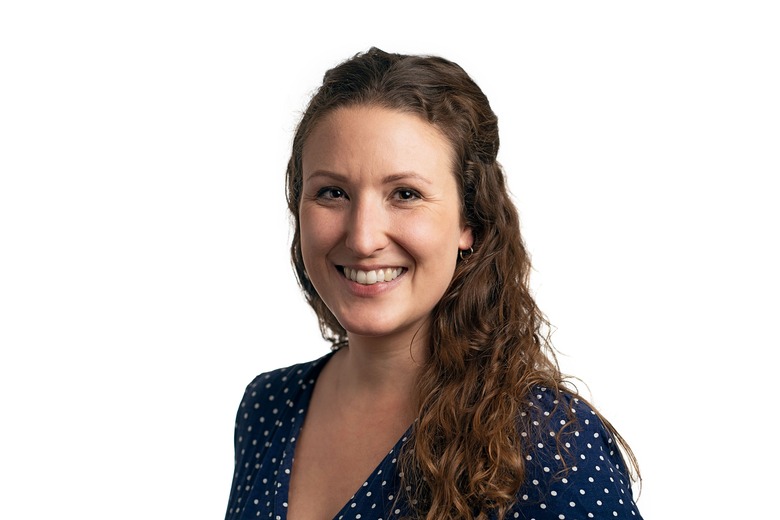
Nina Cernohorsky
Speaker Green Gas, Green Power Certification
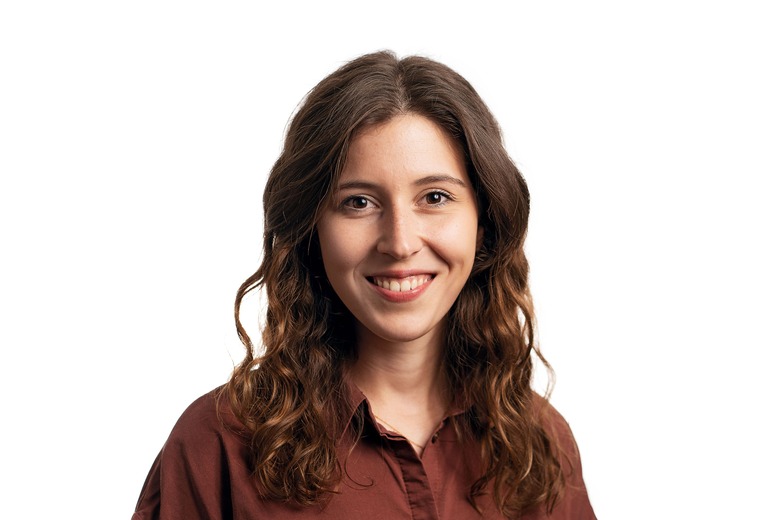
Michelle Markwart
Management Consultant, Online Communication

Kaspar Lewerenz
Working Student Communication & Marketing

Lisa Bornholdt
Consultant energy consulting

